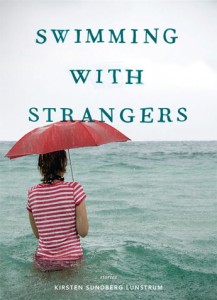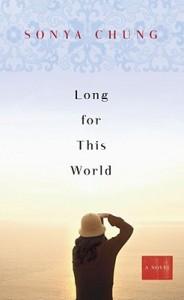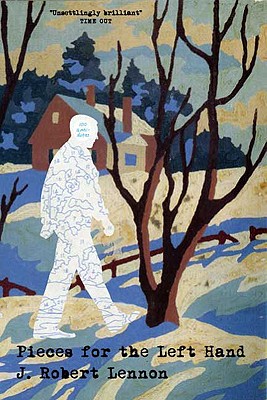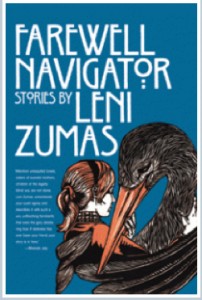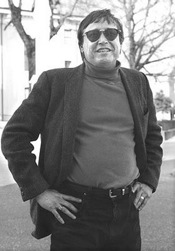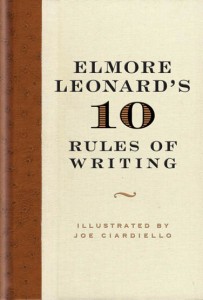Swimming with Strangers, by Kirsten Sundberg Lunstrum
The stories in Kirsten Lunstrum’s new collection, Swimming with Strangers, are smart, harrowing, dramatic, and quite often surprising. In one, the narrator describes the story of her own birth; in another, as the characters discuss fairy tales—one of the characters forces his students to read the Brothers Grimm in their brutal, original forms—the roles of witch and distressed damsel switch back and forth. While we could easily imagine stories like these in which thematic elements take over, Lunstrum keeps them at a low burble, focusing on the reality of these characters’ struggles. It is a very brave choice.

